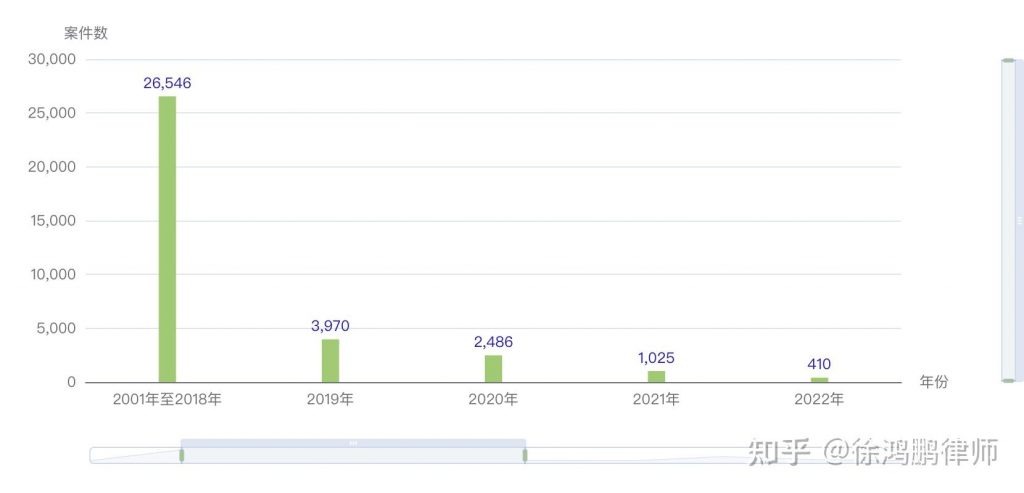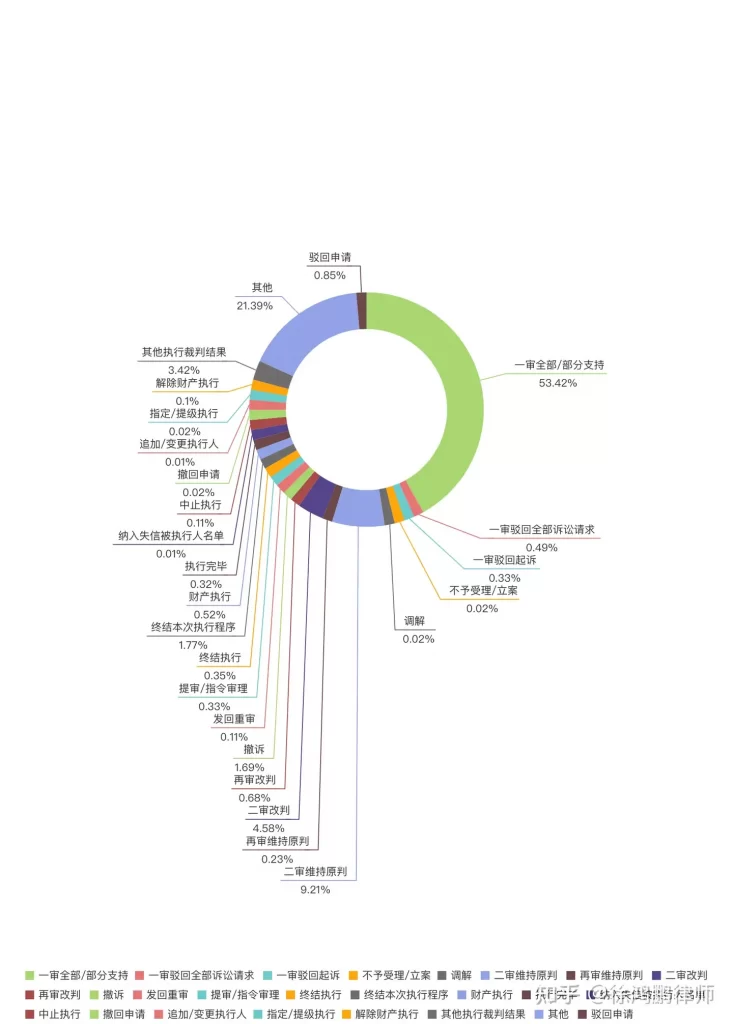Series on Defense of Duty-Related Crimes I: The Crime of Bribery in China
This is the 29th article on Xu Hongpeng Lawyer’s blog, titled ‘Corporate Disputes and Criminal Defense.’
From the perspective of judicial authorities, bribery offenses often involve perpetrators acting as witnesses and not being prosecuted. In recent years, the number of such cases has declined, and the overall case statistics reflect this trend. However, if prosecuted, the consequences are severe, with the maximum sentence being life imprisonment.

Therefore, it is crucial to clarify the elements of the crime of bribery and the key points of defense that lawyers should focus on in practice. Whether for legal defense or raising awareness for clients, this is essential.
Let’s first take a look at some data. Below are the numbers of bribery-related judgments from various provinces and cities.

Below are the judicial results.

Let’s begin.
1. Bribery: Subjectively, the intent must be to seek improper benefits, regardless of whether they are obtained.
What constitutes improper benefits?
(1) Illegal benefits: Gains that violate laws, regulations, or policies. For example, asking a judge to render an unlawful verdict.
(2) Unlawful assistance: Requesting someone to violate laws or rules to provide help or convenience, such as asking a superior for a promotion.
(3) Seeking competitive advantage: Providing valuables to gain an advantage in commercial activities like government bids, contrary to fairness principles.
These are considered improper benefits.
Are there proper benefits?
Yes, legitimate and definite benefits are considered proper, such as payment for work in construction or sums due in a business contract.
Providing valuables to state officials for proper benefits does not constitute bribery. However, if a state official accepts money and abuses their position, it constitutes bribery, regardless of whether the benefit is legitimate or not.
- If someone is extorted and does not gain improper benefits, it is not considered bribery.
For example, Chen, the owner of Company A, is approached by Tan, the director of the First Affiliated Hospital of B City University of Traditional Chinese Medicine, before the hospital’s project tender. Tan asks for money to secure the bid, and Chen, under pressure, gives Tan 400,000 RMB. However, Tan doesn’t help, and Company A doesn’t win the bid. In this case, Chen’s action is not considered bribery, as he was extorted and did not gain improper benefits.
3. What amount constitutes bribery?
A bribe of more than 30,000 RMB is subject to criminal prosecution for bribery. If the bribe is between 10,000 and 30,000 RMB, criminal liability is pursued if any of the following applies:
(a) Bribery to more than three people;
(b) Using illegal gains for bribery;
(c) Seeking promotion or position adjustment through bribery;
(d) Bribery of officials responsible for food, drug, safety, or environmental supervision, involving illegal activities;
(e) Bribery of judicial staff, influencing the fairness of justice;
(f) Causing economic losses between 500,000 RMB and 1 million RMB.
4. Sentencing for bribery:
Bribes over 1 million RMB result in 5 to 10 years imprisonment; over 5 million RMB, more than 10 years or life imprisonment.
5. Defense strategies:
- Was the intent to seek improper or proper benefits?
- Was the bribe extorted without gaining improper benefits?
- Was it individual or corporate bribery? Corporate bribery starts at 200,000 RMB with lighter sentences, but it requires proof that the bribe was for corporate benefits, with company decisions and funding.
- Did the person confess before prosecution? If so, they may receive a reduced sentence.
- Was their assistance crucial in solving a major case or did they achieve a significant merit? If so, sentencing may be reduced or waived.
“Major case”: (1) Punishable by 10 years imprisonment; (2) Significant impact within the province or country.
“Crucial assistance” includes: (1) Uncovered leads; (2) Important to case resolution; (3) Essential for evidence collection; (4) Vital for tracking fugitives or recovering funds.
Xu Hongpeng, Senior Partner at Long An Law Firm (Shenzhen), formerly worked at a Procuratorate in Beijing. He is now a Beijing-based lawyer stationed at the Shenzhen branch, specializing in criminal defense, criminal compliance, complex commercial litigation, and cryptocurrency crime research.
Contact Information:
Phone: 13691688640
Email: xuhongpeng@longanlaw.com
Address: Long An Law Firm (Shenzhen)
This guide aims to help you face legal challenges with confidence. For further legal consultation or assistance, feel free to contact me.